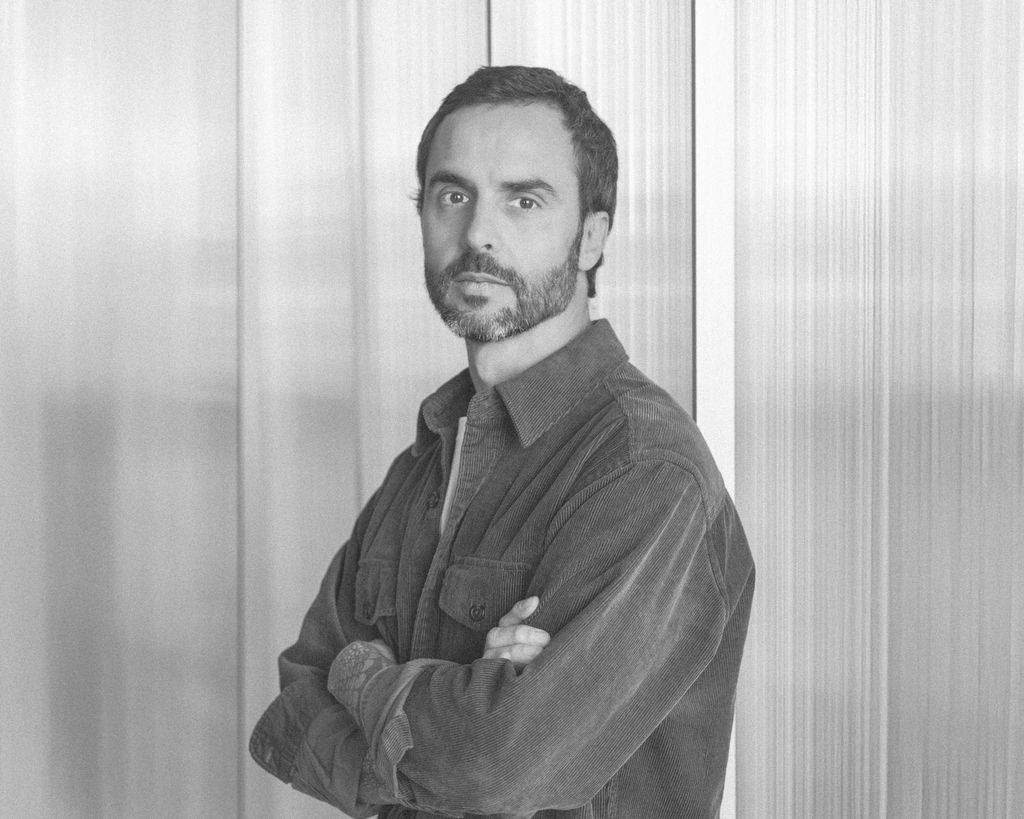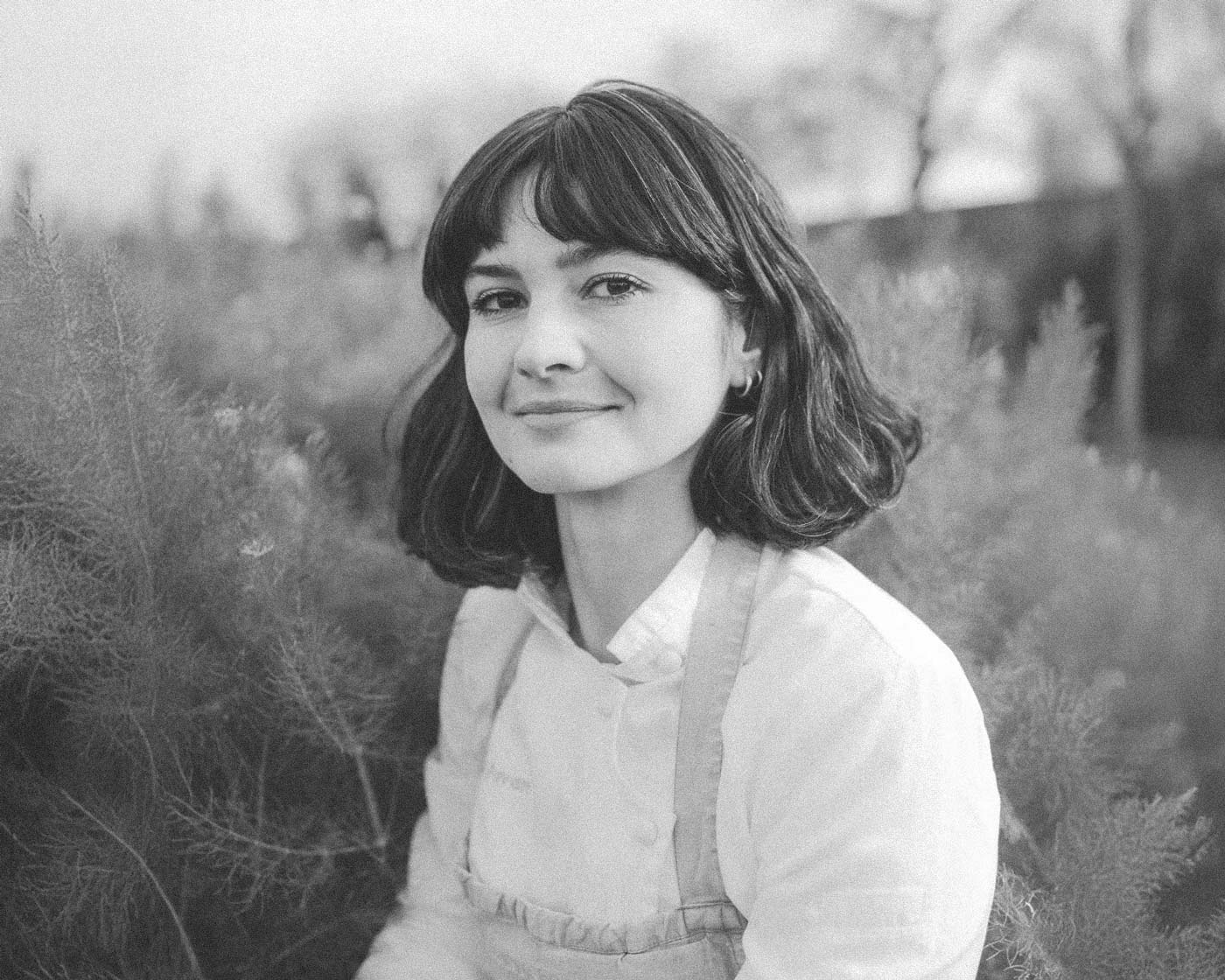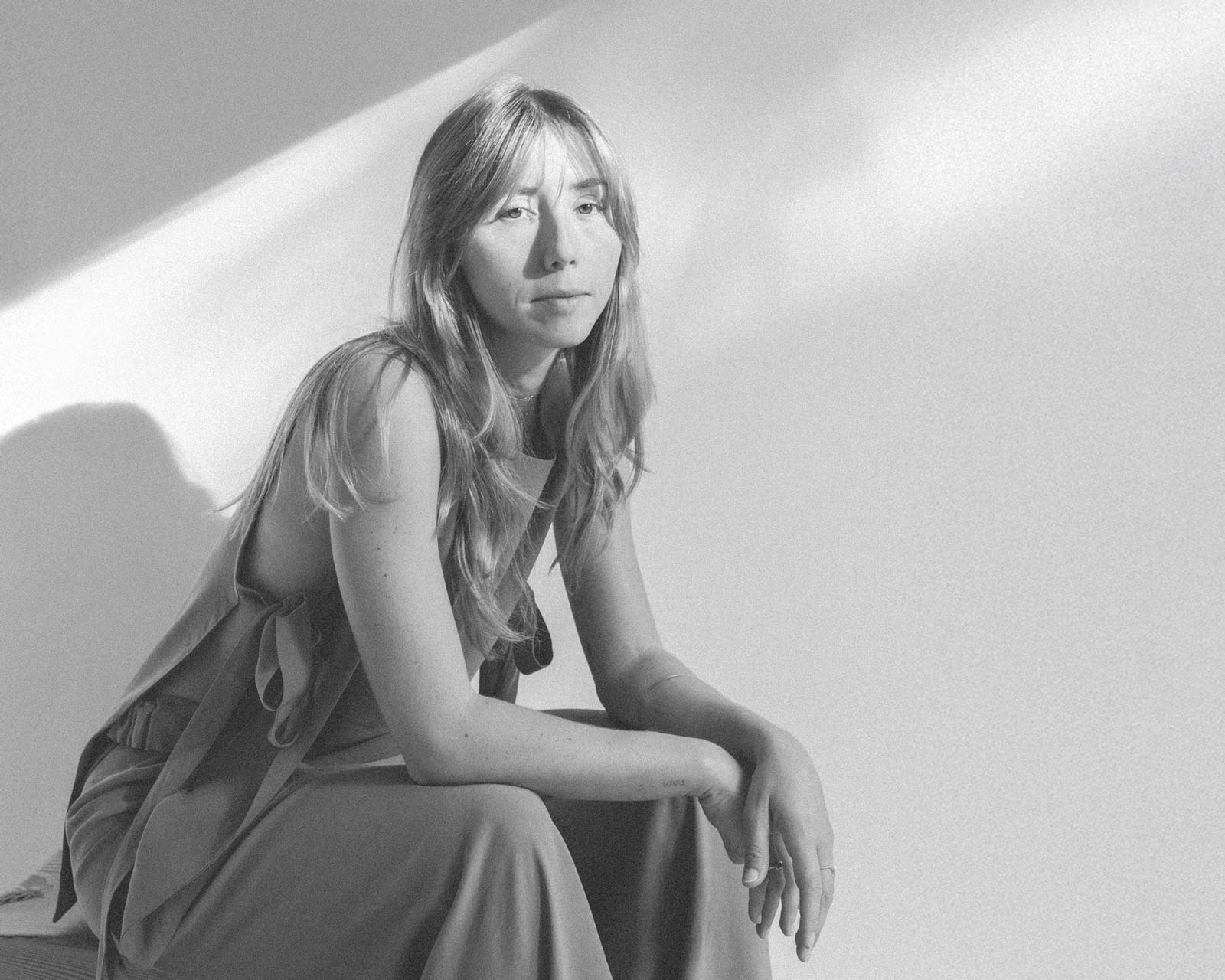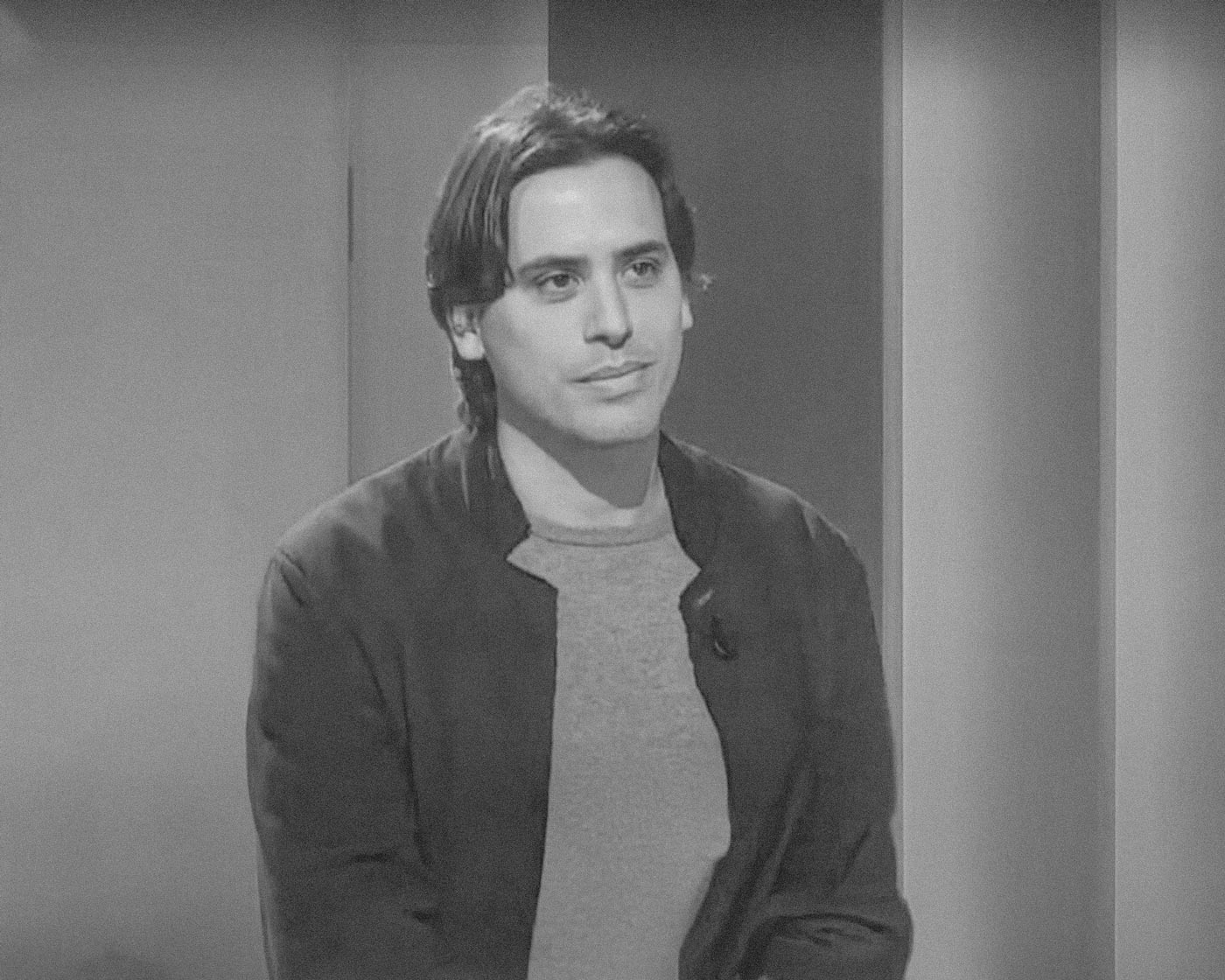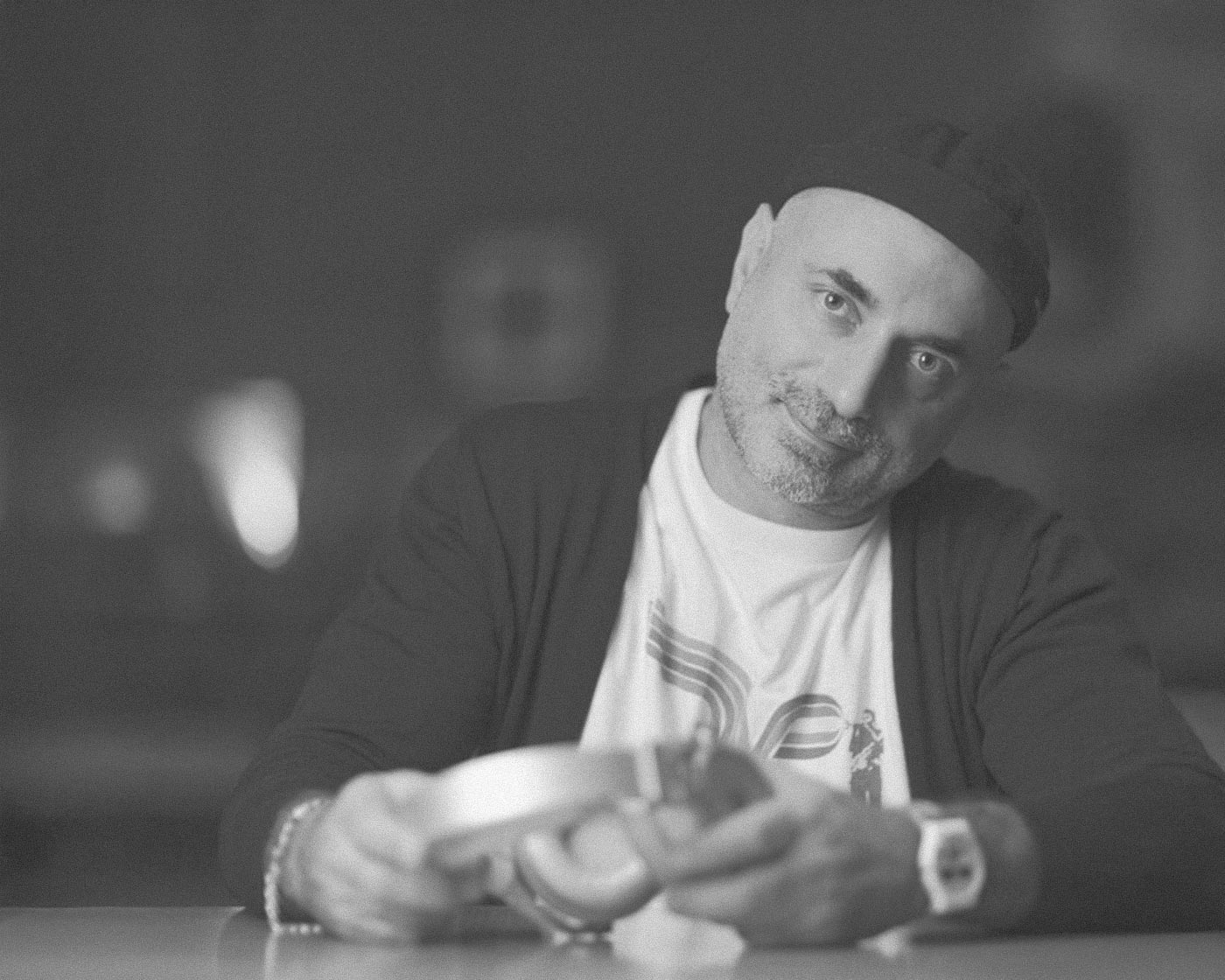Agriculture, like reading and writing, is one of humanity’s greatest achievements, defining who we are and setting us apart from the animal kingdom. For millennia, it has been the foundation of civilizations, feeding billions of people while following principles that have remained largely unchanged. Yet, in 2025, in a world driven by technology and innovation, agriculture still holds unimaginable potential for growth. All we need to do is look up.
One of the visionaries redefining the future of food is Luca Travaglini, founder of Planet Farms. His mission is both bold and groundbreaking: to revolutionize agriculture through vertical farming, producing healthy, sustainable food with minimal environmental impact. His journey is deeply rooted in family tradition, yet it aims to the future, breaking down barriers – not just cultural ones, but far beyond.
REMIDA meets Luca Travaglini
L: When we think about your company, one of the most striking aspects is the concept of verticality, creating something where there was once nothing. Cultivating the void. How did it all begin?
Luca: My story goes way back. I come from a family that has always worked with technology in the food sector. My grandfather was an innovator: he developed the process for curing deli meats, and our company became a global leader in building automated food processing plants. Personally, I studied at Bocconi and worked in finance and the automotive industry. But in 2012, I started questioning the efficiency of the food supply chain. Then, in 2014, after being diagnosed with a serious illness and fighting to overcome it, my perspective completely shifted. I decided to apply my technological expertise not to the animal sector, but to the plant-based one. With the support of my family’s company, we made significant investments in agricultural research. Initially, the goal was to diversify our business, but in 2018, Planet Farms was born.
L: Do you believe fertility can be created anywhere?
Luca: Absolutely, but we need to make a distinction. Natural fertility – the kind Mother Nature provides – is unique and unbeatable. Think of Chernobyl: humans can’t live there, yet vegetation has not only returned but evolved. However, with Planet Farms, we can replicate Mother Nature’s best day, 365 days a year. It’s tradition taken to the next level, based on the idea that agriculture is the world’s biggest business. What we do is produce food sustainably, without using resources that harm the environment. For example, our salads don’t need to be washed (which would waste water!), but we actually had to change the law to sell them as this wasn’t previously allowed. Ours is an on-demand agriculture: not dependent on ideal conditions, but on the existence of a need. In Italy, for instance, we’re working on projects to grow cotton and coffee, which could help revive two struggling industrial and urban sectors.
L: Do you see a future where everyone grows something at home?
Luca: No, I don’t think so. It’s an intriguing idea, but agriculture needs economies of scale to be truly sustainable, along with a proper supply chain. And even then, it’s not easy. There used to be five companies like ours, and now we’re the only one left. It’s a sector without brand-name products, which in itself has been a big challenge. It seems like we have many rights, but not the right to know what we’re eating. The goal is for these technologies to bring economic and environmental benefits worldwide.
L: So, how do you define yourself? As an entrepreneur, a farmer, or a tech innovator?
Luca: Lucky. Maybe all three, but above all, lucky. I know what I do better than anyone else, even though I don’t have a green thumb and I’m not an engineer. If I have a talent, it’s getting people to do things they never thought they could. And I’d love to make a real impact on the future. Take migration issues, for example: people don’t want to leave their homes, but sometimes they have no choice. With Planet Farms, I believe we can offer dignity and opportunity anywhere in the world, restoring dignity to both the land and its people.
L: How do you see the future of Planet Farms?
Luca: It’s not just about financial success. What really matters is making it an example of innovation that drives positive change. Planet Farms has attracted major investments and is growing well, but the real challenge is shifting the global approach to food production. I want people to talk about a new way of thinking and acting based on efficiency and sustainability. If nature is becoming more expensive and inefficient, I’m the opposite: I cost less and move faster. Going vertical is exactly that: it means looking up, helping people go beyond. Actually, innovators don’t always have the support of others, as it’s often the opposite. They see things despite what others say. In the end, you have to know who you are.
L: What advice would you give to other entrepreneurs?
Luca: Don’t be afraid to get your hands dirty, because experience grows through mistakes and difficulties. Often, you feel alone with your ideas, but that’s the beauty of the journey. It teaches you so much. And it all started with my grandfather. Today, I manage a team of 135 people, and I call myself the Chief Disruption Officer, but everything goes back to him.
L: We have to ask, what’s your favorite vegetable?
Luca: Oh, that’s a good one! Honestly, before I got into the salad business, I didn’t even eat vegetables. But now, I enjoy them! Especially the wasabi arugula, a variety that delivers an incredible flavor experience.
What a conversation, Luca, thank you. It’s rare to meet someone so passionate – so passionate that sometimes their voice trembles, and so human that they don’t even notice, and just keep talking. Write to us at supernova@remidastudio.com. It’s time to look up.
